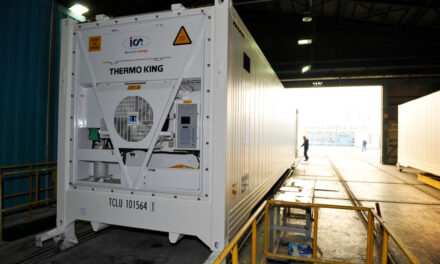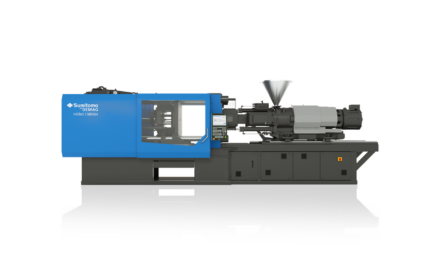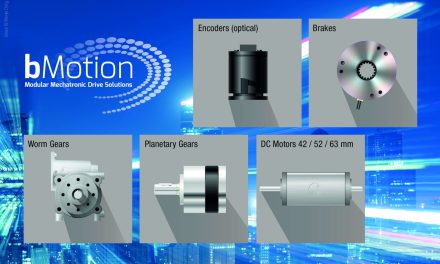Automation continues to be an essential part of many manufacturing processes across multiple market sectors. There are many different aspects to automation and a broad range of technologies which fall under this banner.
As manufacturing emerges from the challenges brought about by the COVID pandemic and as the UK adapts to new trade and business relationships with both existing European and new Worldwide markets, levels of automation are at last increasing at a rate which will ensure our productivity levels will keep UK manufacturing cost-competitive on the Global stage.
This article from CME Limited’s CEO Paul Knight explores the reasons why businesses that were once reluctant to automate, are now making the capital investments in the technologies which will secure their future.
Historically statistics from the International Federation of Robotics (IFR) highlighted the fact that countries such as France, Germany and Italy had between two and ten times the number of robots in production than the UK. In some years the UK did not feature in the top twenty countries listed in their report.
Today however manufacturers across a range of manufacturing sectors, and especially the food sector, are now actively pursuing the options of automation and robotics to mitigate the labour and skills shortages which in recent times have blighted their businesses.
With the exception of the Automotive sector, where automation has been prolific for many years, the UK has had a lot of catching up to do. However, manufacturers are now starting to act quickly and are embracing the technologies which will allow them to reap the benefits of increased productivity, quality and yield which will transform their businesses in the years to come.
Another positive for manufacturers here is that because businesses in many other countries had automated ahead of equivalent UK counterparts, there are now field proven concepts and solutions for a host of applications across many sectors upon which we can draw. Although the UK may in the past have been seen as the “poor relation” in terms of general automation uptake, we have always had a significant number of excellent system integrators. The technology and the expertise has always been here, the only thing lacking until now has been the willingness to adopt automation at the levels needed.
Encouraging Investment In Automation
Paul Knight comments: “Whilst the benefits of automation have been clearly understood and demonstrated by those UK market sectors and businesses that have been early adopters and invested in the technology, it is important that those sectors and businesses that have yet to automate are encouraged to explore the positive influences which automation and robotics can make to their business.
The recent government “Super-Deduction” initiative, announced in the 2021 Budget, provides a unique opportunity for UK manufacturers to claim 130% capital allowances on qualifying plant and machinery investments for expenditure incurred from 1 April 2021 until the end of March 2023. Under the “Super-Deduction” for every pound a company invests, their taxes are cut by up to 25p. This is a great incentive which will hopefully encourage new levels of investment in automation and robotics. By exploring every opportunity to gain a competitive advantage through the introduction of automation, UK manufacturers will level the playing field in what has become an increasingly challenging business environment.”
The UK’s food manufacturing sector is an excellent example of how adopting automated solutions can mitigate the issues associated with labour shortages and the resultant potential impact on productivity. Adopting automation delivers high and predictable levels of productivity, quality and yield whilst maintaining or even improving on the tight margins associated with this sector. Investments such as this also bring benefits when seeking new contracts with the major retailers as the manufacturer can demonstrate a track record of consistent quality and performance. Further benefits, sometimes overlooked, include those related to health and safety by removing operators from arduous working environments. There are also opportunities to upskill the existing workforce which in turn will greatly assist retention.
Paul Knight continues: “An important consideration when planning investment in automation and robotics is that of payback. Many businesses often seek a short term payback period however, robots are ultra-reliable, capable of operating for many years and can be easily re-programmed for new product variants or tasks. Taking a slightly longer term view on the payback period, for example 2 years as opposed to 1 year, may be just enough to take the project forward and begin reaping the rewards that the investment will surely bring.”
The challenging events of recent years have served to highlight the fact that in today’s competitive business environment automation is not a “nice to have” but a “must have” if we are to continue to compete on the global stage.
Paul Knight concludes: “There are cases where a business does recognise the need to start introducing new automated technologies or perhaps may even wish to revisit or upgrade previous systems but are unsure where and how best to begin the process. Based upon the experience of delivering a wide range of automated solutions across multiple market sectors, CME has compiled a Guide to Automating for Success which is available to anyone who would like to discuss embarking on the route to automation.”




